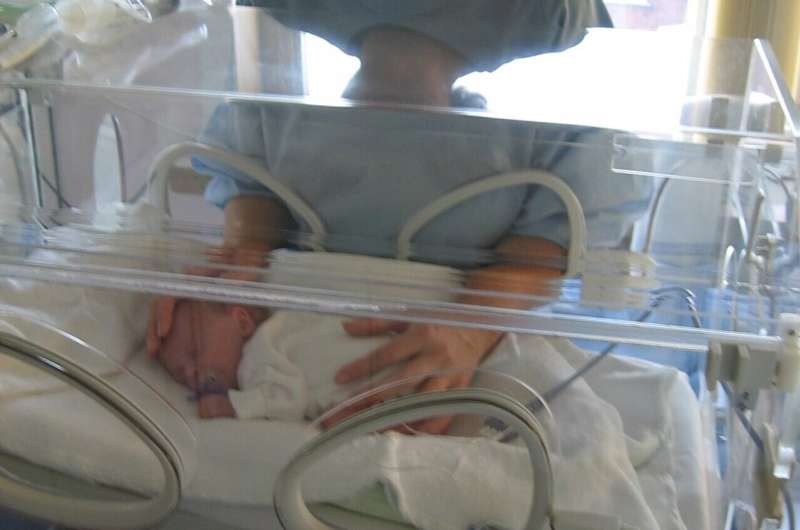Addressing the Hidden Crisis of Rare Diseases in Africa: Innovative Research and Diagnosis Initiatives

Rare diseases frequently remain underdiagnosed and untreated in many regions of Africa, leading to preventable suffering and early deaths. Recognizing this pressing health disparity, a dedicated project is working to change the landscape by improving diagnosis, treatment, and data collection for these conditions. In Senegal, neurologist Dr. Pedro Rodriguez is at the forefront of efforts to connect patients with genetic testing and specialized care. His work involves collaborating with local hospitals and international laboratories to analyze genetic information, thereby uncovering the underlying causes of rare diseases often overlooked in African populations.
Patients like Mariama, a young girl suffering from SELENON-related myopathy, highlight the critical importance of early diagnosis. By utilizing genetic testing, healthcare providers can offer treatments that significantly improve quality of life, such as respiratory support and dietary management. However, challenges remain, including limited access to genetic testing and treatment resources. Initiatives funded by organizations like the La Caixa Foundation and the National Ataxia Foundation are crucial in overcoming these barriers.
Beyond individual diagnoses, the project is building a comprehensive genetic database that will facilitate better understanding of the prevalence and diversity of rare diseases across Africa. This data is vital for informing healthcare policies and advancing research geared towards developing targeted therapies.
Families often travel across borders seeking expert care, as documented with cases from Gambia and Senegal, where children with genetic disorders receive life-changing diagnoses. These efforts underscore the need for increased local infrastructure and training to sustain progress. Promising advancements include the use of affordable supplements like vitamin B2 to manage conditions such as riboflavin transporter deficiency, which was successfully treated in a young patient in Senegal.
While continuing to improve diagnosis and treatment, the project emphasizes the importance of global collaboration and capacity-building within African healthcare systems. Empowering trained local physicians and establishing reliable genetic testing facilities are essential steps toward equitable healthcare for rare disease patients across the continent. As research progresses, hope grows that more diagnoses will lead to effective treatments, transforming lives and reducing the burden of rare diseases in Africa.
For more information, source: https://medicalxpress.com/news/2025-04-rare-diseases-undiagnosed-untreated-africa.html
Stay Updated with Mia's Feed
Get the latest health & wellness insights delivered straight to your inbox.
Related Articles
Weekly Semaglutide Shows Promise for Blood Sugar and Weight Management in Adults with Type 1 Diabetes
A groundbreaking clinical trial reveals that weekly semaglutide can significantly improve blood sugar control and promote weight loss in adults with type 1 diabetes using automated insulin systems. Discover the latest research advancements.
Weight Loss Injections Significantly Lower Heart Failure Risk, Study Finds
A groundbreaking study shows that weight loss injections like semaglutide and tirzepatide can cut the risk of heart failure hospitalization and death by over 40%, opening new possibilities for treatment of HFpEF.
Maternal Gut Microbiome Composition and Its Potential Link to Preterm Births
A groundbreaking study links early pregnancy gut microbiome, especially *Clostridium innocuum*, to the risk of preterm birth, highlighting new preventive strategies.
Impact of Body Mass Index on Breast Cancer Risk in Postmenopausal Women With and Without Cardiovascular Disease
New research links higher body mass index to an increased risk of breast cancer in postmenopausal women, particularly those with cardiovascular disease, highlighting the importance of weight management for cancer prevention.



